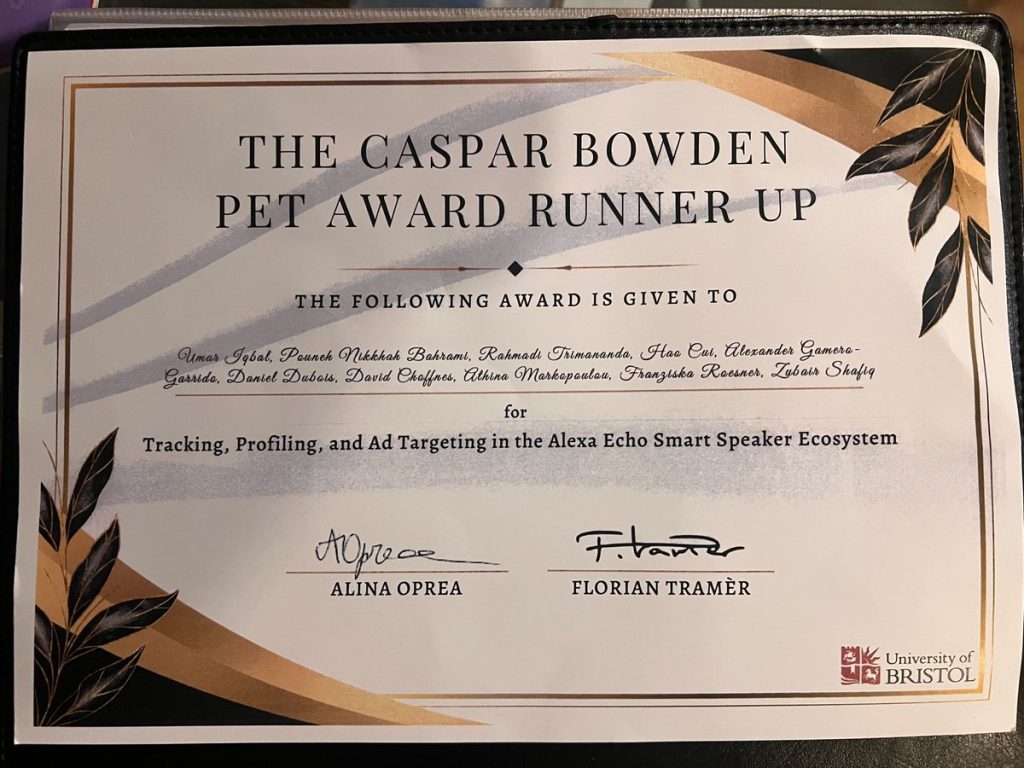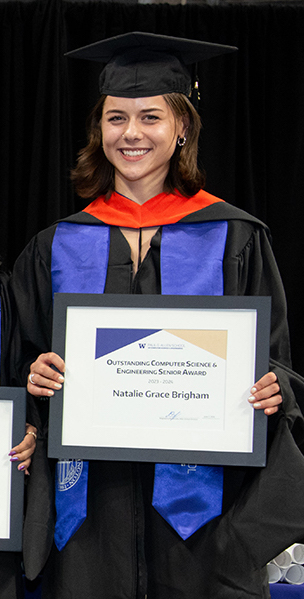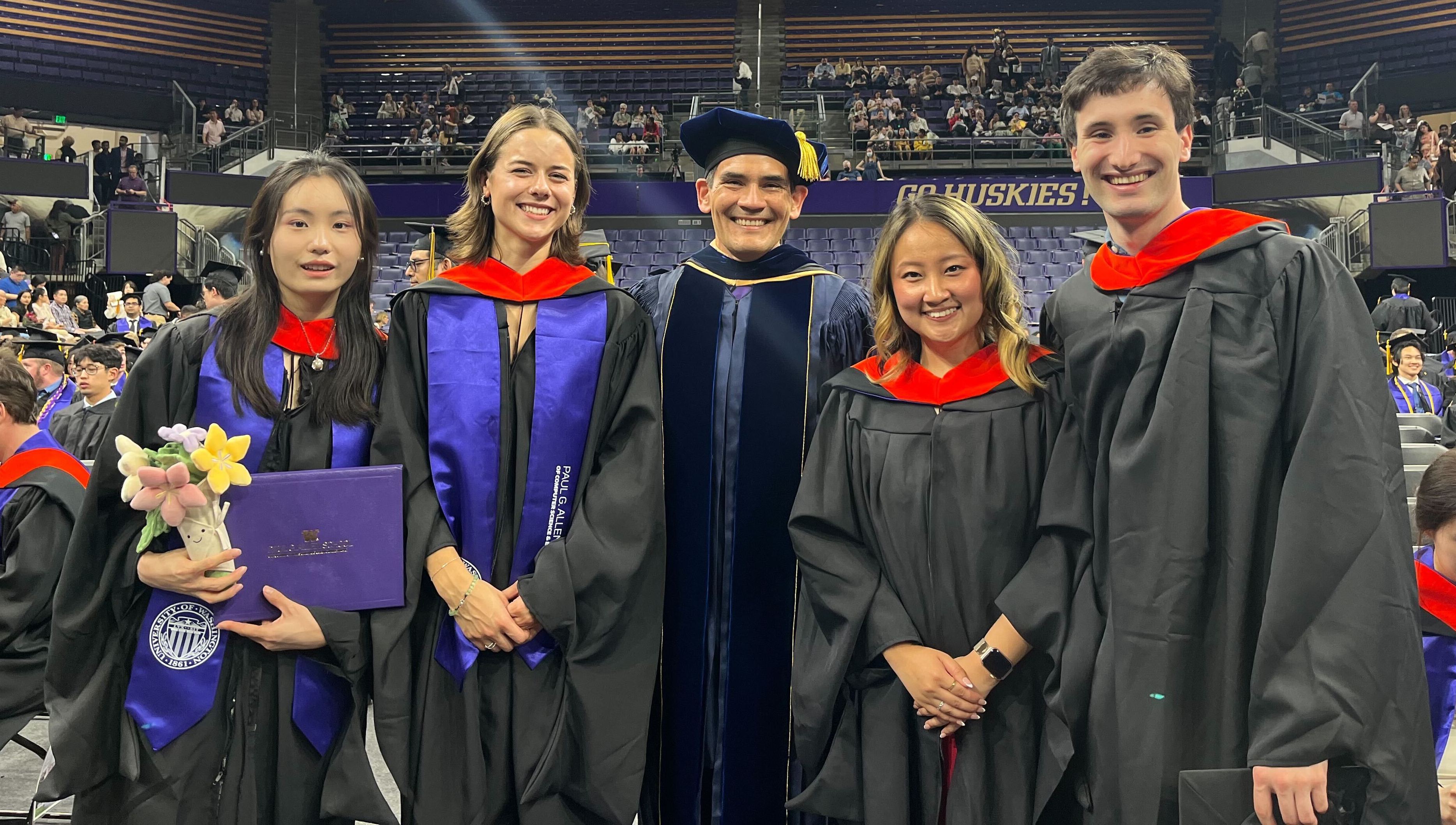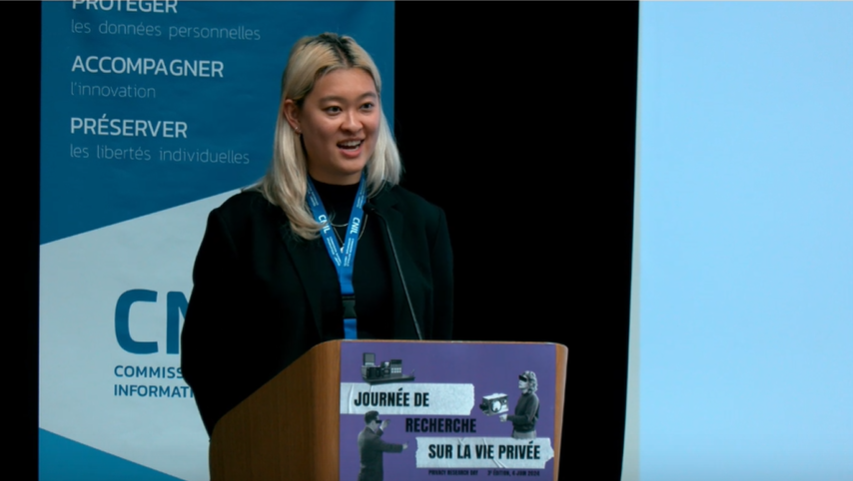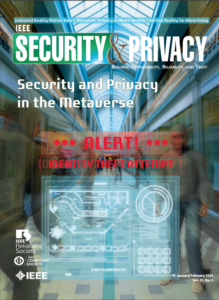PETS 2024 Best Student Paper Award Runner-Up
Congratulations to Rachel McAmis (Security Lab PhD student), Mattea Sim (UW Security Lab and Indiana University Postdoc), Mia Bennett (UW Department of Geography), and Yoshi Kohno (Security Lab faculty member) for their paper’s recognition as the Runner Up for the Andreas Pfitzmann Best Student Paper Award at the 2024 Privacy Enhancing Technologies Symposium (PETS). See Rachel presenting the work in the image below, and read the paper here: “Over Fences and Into Yards: Privacy Threats and Concerns of Commercial Satellites“.

